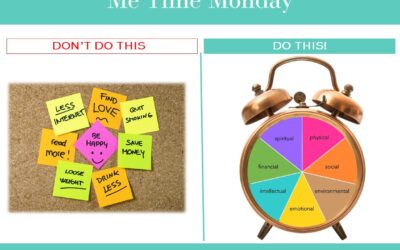November is the start of National Family Caregiver Month and to celebrate the 65 million Americans caring for a loved one who has a chronic illness, a disability or whose age requires more help, I thought I would present my 10 ideas for the Caregiver Bill of Rights.
Other organizations such as the American Heart Association and A Place for Mom as well as author Jo Horne have created their own lists but I have added a few more “rights” for consideration.
Much like our forefathers, we need to balance the individual responsibilities versus those provided by government and other sources. I believe these 10 Caregiver Bill of Rights strike that balance:
1. The right to have balance between caring for my loved one and caring for myself.
This includes seeking extra help when needed (even if my loved one objects), maintaining routines and plans as best I can so as to not “lose” myself while on this caregiving journey.
2. The right to receive a financial break or tax credit for caring full-time for my loved one.
In the same way Americans are granted tax credits for dependent children, I should be granted tax credits for caring for parents who are dependent on me for their constant care.
3. The right to work for an employer that understands caregivers.
As part of an aging workforce, more and more of us will face the life event of caregiving and I have a right to work for an employer that will provide me with the employee assistance to maintain my work performance and productivity, my own health and wellness, and support for my loved one without fear of reprisal or dismissal.
4. The right to expect the nation’s legislators to acknowledge the valuable service I perform and to enact policies that not only support those with the illness or disability but support their family caregivers as well.
This includes acknowledging my role as a first responder in the long-term-care crisis in this country. According to AARP family caregivers represent $450 billion in societal value in the unpaid care we provide and we need to be recognized for this collective and individual effort.
5. The right to expect that my loved one’s medical advisors and health care professionals understand my critical role as part of the primary care team in caring for my loved one.
I should expect that they will communicate with me without violating my loved one’s privacy rights so that I can best care for my loved one.
6. The right to easily find resources that will help me in my caregiving journey.
Whether these services are provided by public or private organizations, every caregiver should know where to turn to get the help and education they need at whatever stage of caregiving they are encountering.
7. The right to not take on the financial burden of caregiving all by myself.
I should not have to put my financial future at risk to care for my loved one today.
8. The right to make choices that will help me manage my stress without feeling guilt or depression that I am focusing on myself at times rather than solely on my loved one.
This includes the right to take a break – for a few minutes or a few days. The need to seek respite in my caregiving duties is essential to my ability to continue caring for my loved one long-term.
9. The right to expect my close circle of friends and family to understand my caregiving role and to support me in any way they can.
This includes the right to expect that I can reach out to them so that I do not feel alone. This includes my spouse, my adult children, my siblings, my co-workers and my close friends who lift me up when I am down and help me keep going on this caregiving journey.





0 Comments
Trackbacks/Pingbacks